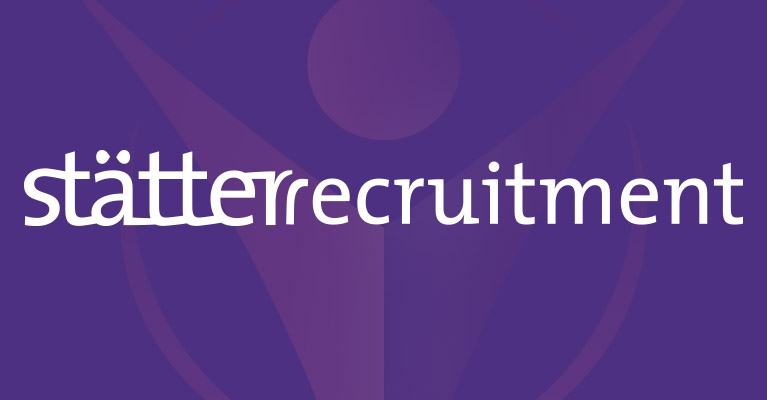It is very important to keep the information on your resume as relevant as possible. Remember, the hiring person is only going to take around 15 seconds to scan your resume, so yours has to be “quick and dirty”. In other words, keep your information current and pertinent to the job you want. If the reader has to weed through loads of extracurricular activities, you may find your resume tossed aside which takes you right out of the running.
Many times, a client will send me “extra” information to put on their resume. Or, it is already on their existing resume. This “extra” information consists of things like:
- College Activities/Fraternity/Sorority info
- Sports Teams or Leadership
- Marital Status/# of Children
- Political Affiliations
- Scouts
Now, in certain circumstances you DO want to add college info, ie relevant coursework, volunteer activities, intern/externships, etc. This is good to add if you are fresh out of college and looking for your first “post-college” job. However, when you are in your 40's, it isn't necessary to talk about your fraternity. I get this a lot. I know it was a great time for the client, and they learned a great deal about life, service to others, and brotherhood. But if you have been in the workforce for 5+ years, you've really built up a good amount of experience that will warrant it standing alone on the rez without the aid of your college courses or social clubs. The exception to this rule is, if in this short amount of time after college when you tried your hand at say, sales, but your degree was in finance and now you want a finance job, THEN adding your relevant college courses would work in your favour.
In truth, sometimes extracurricular information can work against you. As important as your church or religious affiliation may be to you, it is never a good idea to add it to your resume. Why? Well, many reasons. One is– what if the reader is a different religion… one that doesn't care for your religion at all (and you know we all have our differences!)? Right there it is a strike against you. Same goes with politics. Not a good idea to say your “volunteer” involvement was to work on so-and-so's campaign. Now, if you have actually WORKED in a campaign/political environment, of course you would add it. I've had many clients who worked in PR or journalism-type fields for certain candidates and it was OK for them, because it was relevant to the PR/journalism job they were trying to land.
You may think, “but I've heard it is good to add my community involvement, or that I coached soccer”. Really, it's not relevant to your job search. Yes, you can handle a team of 8-year-olds, but does that compare to running the operations of a multimillion-dollar manufacturing facility? no.
So, some things to keep in mind to make sure your resume is relevant:
? QUALIFIED – Do you have the experience the position asks for? If yes, add examples of what you've done. If not, don't fake it and add it to the resume. Leave it off and lead with other experiences.
? KEYWORDS. Examine the description and notice the words they use over and over. This tells you that those words will most likely be keywords ATS will look for. Does your resume have those keywords? If not, add them.
? SKILL SET. What skills do you offer the role? Each of us has a unique skillset we bring to the job. Great at relationship building? Expertise in vendor negotiations? Specialize in cyber security? Make sure it's added to your resume.
? VALUE. What value do you offer? How can you help the company? What ways have you achieved success? Use quantitative examples where possible. What awards have you received? What results have you produced?
Your goal with your resume is to get in the “YES” pile, not in the circular file. Just remember that even though it seems important to you, or if it was at the time, if it isn't going to help you get the job, then leave it off the resume.
Source: Tips to keep your resume relevant to the positions – Erin Kennedy








